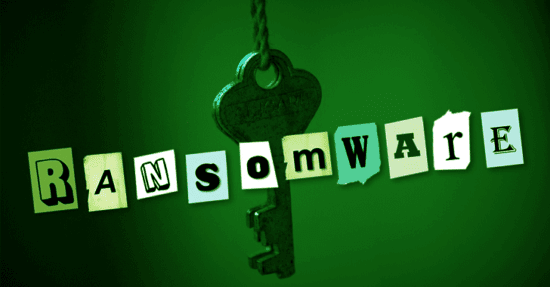News broke earlier today that US-based and international courier delivery service FedEx admitted on Monday that some of its systems were significantly affected by the NotPetya ransomware, and some of the damage may be permanent. FedEx was just one of the many businesses across the world hit by the NotPetya ransomware, a cyber-weapon designed to attack organizations in the Ukraine, but which spread to other countries via VPNs and internal networks. IT security experts commented below.
Andrew Clarke, EMEA Director at One Identity:
 “The sting in the tail for Fedex as a result of this incident is not the ongoing effects of the malware but of the impact that it made when it hit. Systems which were rendered useless as a result of the infection have been recovered where possible – but those that did not have integrity of backup and maybe none at all are now out of the loop as far as the business is concerned, and if they contained some business critical data, that would account for the impact some customers are seeing right now. Fedex has announced that the spread of the ransomware occurred primarily across the network of TNT Express B.V. (“TNT”), an international express transportation, small-package ground delivery and freight transportation company FedEx acquired in May 2016.
“The sting in the tail for Fedex as a result of this incident is not the ongoing effects of the malware but of the impact that it made when it hit. Systems which were rendered useless as a result of the infection have been recovered where possible – but those that did not have integrity of backup and maybe none at all are now out of the loop as far as the business is concerned, and if they contained some business critical data, that would account for the impact some customers are seeing right now. Fedex has announced that the spread of the ransomware occurred primarily across the network of TNT Express B.V. (“TNT”), an international express transportation, small-package ground delivery and freight transportation company FedEx acquired in May 2016.
This raises the prospect of due diligence that occurs through M&A process. It also highlights the necessity for the acquiring company to take a long hard look at not only the business they are going to pickup but the overall cyber security position of that company – since it is usually the unknown factors that enable the unexpected cyber intrusion to make the biggest impact.”
Giovanni Vigna, CTO and Co-founder at Lastline:
 “This is a clear example that malware attack can have a long-lasting effect, that goes well beyond the removal of the threat. Restoring systems at a large-scale can be both expensive and disruptive of the routine operations.Therefore, the game has shifted from being able to recover from an attack to actually preventing the attack in the first place.”
“This is a clear example that malware attack can have a long-lasting effect, that goes well beyond the removal of the threat. Restoring systems at a large-scale can be both expensive and disruptive of the routine operations.Therefore, the game has shifted from being able to recover from an attack to actually preventing the attack in the first place.”
The opinions expressed in this post belongs to the individual contributors and do not necessarily reflect the views of Information Security Buzz.



